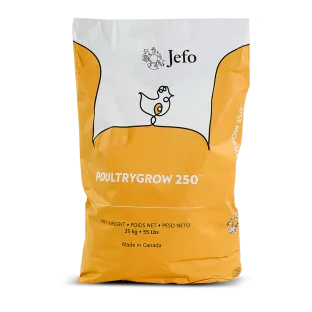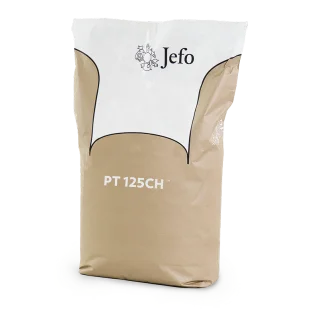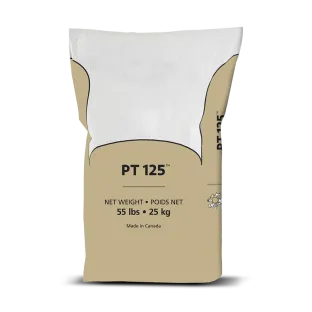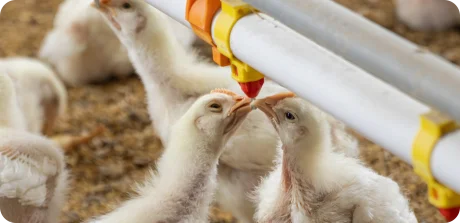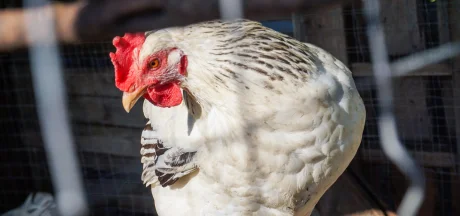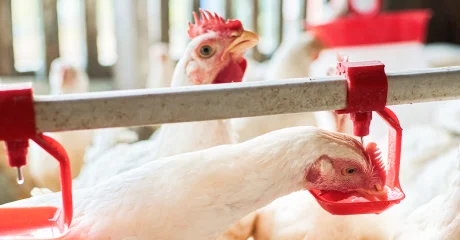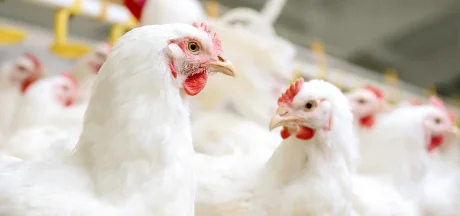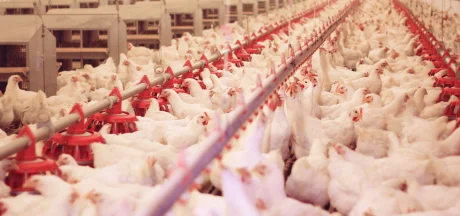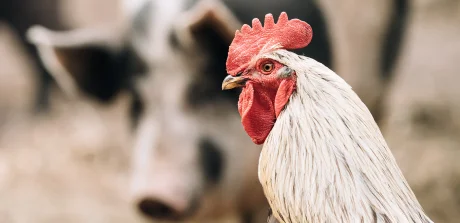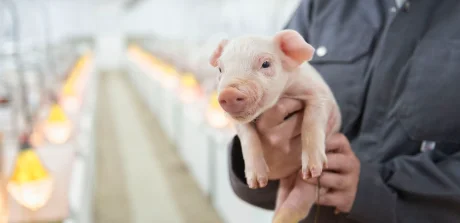- Article
- Poultry
- Management
- Performance
- Stress
- Ingredient Stability
The Hidden Cost of Heat Stress: What You Need to Know
As global temperatures rise, heat stress has become a formidable challenge in livestock management, leading to significant financial losses due to increased mortality rates. Heat stress occurs when an animal's body cannot dispel excess heat, impairing performance, health, and survival rates.
The Economic toll of heat stress
Heat stress has a significant economic impact on livestock production. Not only does mortality represent the immediate loss of investment in the deceased animal, but it also results in missed opportunities for future income from meat, eggs, and offspring. Even sublethal heat stress brings hidden costs, like decreased overall flock performance and increased veterinary expenses due to heat-induced health problems.
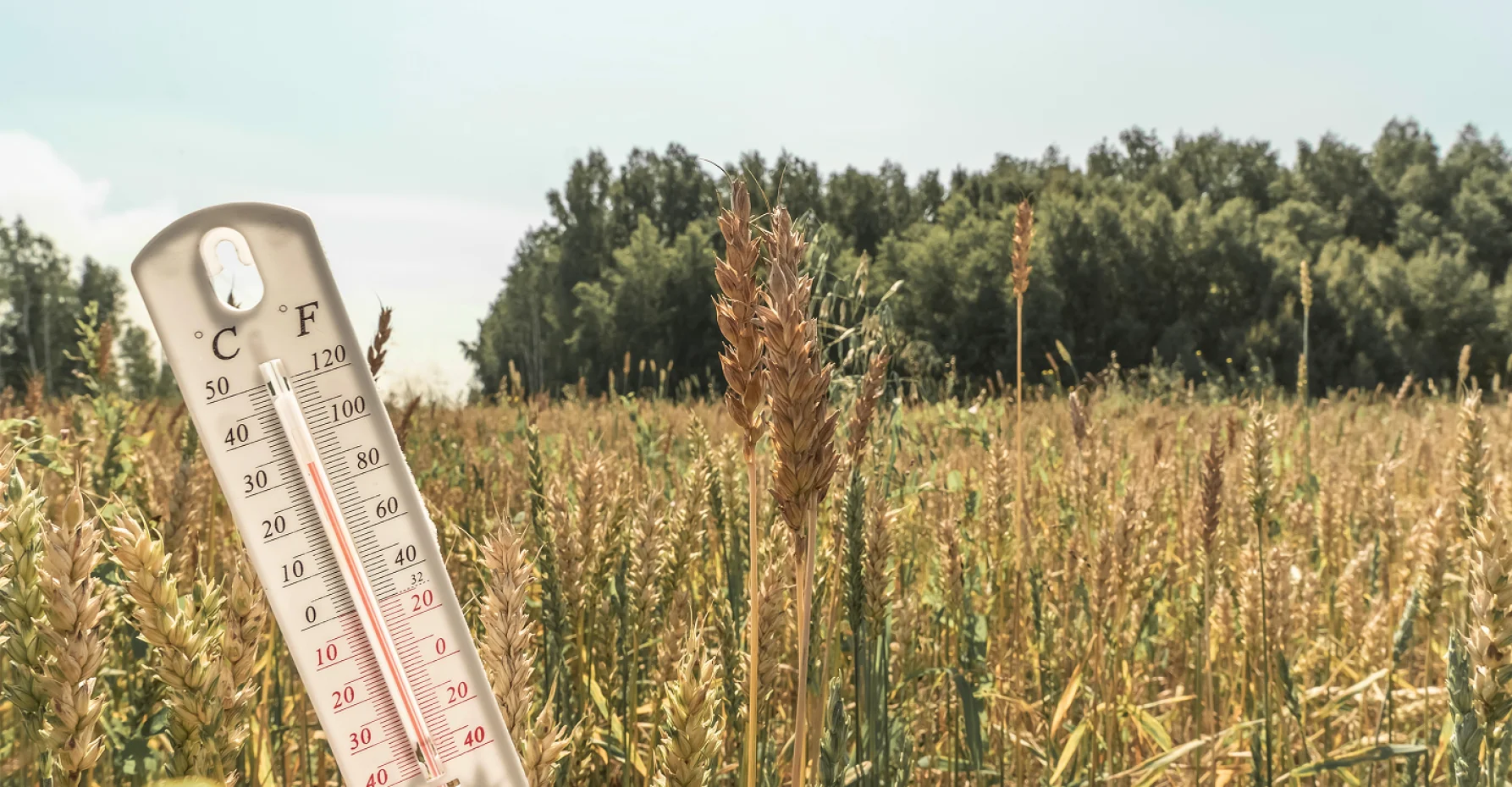
Smart investments for prevention
Addressing heat stress isn't just a cost—it's an investment in the longevity and productivity of livestock operations. Consider these preventive measures:
- Facility improvements: upgrading with better ventilation systems, shade structures, and water-cooling methods dramatically reduces the heat burden on animals.
- Advanced precision nutrition: providing the right nutrients in the most efficient form ensures animals maintain expected performance. This could include:
- Electrolytes for maintaining hydration
- Antioxidants to combat oxidative stress
- Easily digestible energy and protein sources to minimize metabolic heat
- Enzymes such as protease and xylanase to improve digestion of nutrients
- Gut health promoters, such as protected Organic Acids + Essential Oils to modulate gut microbiota and reduce intestinal inflammation during stress periods
Conclusion: a vital investment for the future
Preventing heat stress is a critical investment in sustainability and profitability. By enhancing facilities and fine-tuning nutrition strategies, farmers can boost animal welfare, performance, and their bottom line. As climate change continues to challenge farming, adopting these measures is essential for the future success of the livestock industry.
Stay ahead of the heat. Invest wisely. Secure your livestock's future.




